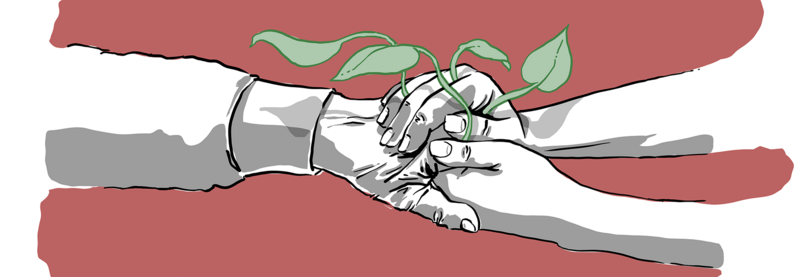
Current debates and developments in the non-profit sector is a joint research project run by the Hertie School and the University of Heidelberg’s Centre for Social Investment (CSI) and is the product of many years of cooperative research between the two institutions. The aim of this collaboration is to make a meaningful academic contribution to current debates and developments within the non-profit sector. This involves taking a very contemporary and application-orientated approach in the investigation of politically-relevant issues.
This collaborative research project is supported by the non-profit Hertie Foundation.
First phase
In the first year of the project (2010-2011) the main focus is on the issue of accountability and transparency: the subject of analysis is the compilation and evaluation of the accountability and transparency requirements placed on German non-profit organisations. The main aim is to ascertain whether a general accountability or transparency problem, or a systematic publicity deficit, exists in the third sector in Germany. The results of this study can be found here.
Second phase
The second phase of the project (2011-2013) aims to analyse the introduction of the Federal Voluntary Service (Bundesfreiwilligendienst; FVS) in Germany: using an explorative research design this project investigates how organisations have adapted to the changes caused by the introduction of the “Federal Voluntary Service.” In doing so, the first step includes publishing a first-of-its-kind and widely-recognized study (in German only) that significantly contributes to the analysis of the FVS’ implementation, governance and performance one year after being launched. In particular, our research deals with the (un)intended effects of this policy. However, it also examines opportunities and future challenges related to this relatively new programme. As a next step, the project thoroughly investigates one of the most innovative features of the German programme: the fact that it is open to volunteers across all generations. A recent study (in German only) focusing on “older” volunteers describes how this feature functions and casts light on the motives of older volunteers and their specific needs.
Third phase
The third research period (2013 – 2014) deals with the role of civil society in reform processes. By using case vignettes and conducting extensive case studies, the project aims at analysing various forms of civil society's participation in and shaping of current debates. Therefore, the initial questions are whether, how and which actors engage in certain reform processes. All this facilitates the mapping and identifying of divergent motives, organisational structures, appearances/incidents and success factors of civil societal intervention(ist)s. However, it may also tell us more about the respective limits of distinct actions and projects in terms of feasibility and the prospect of success.
Study results

